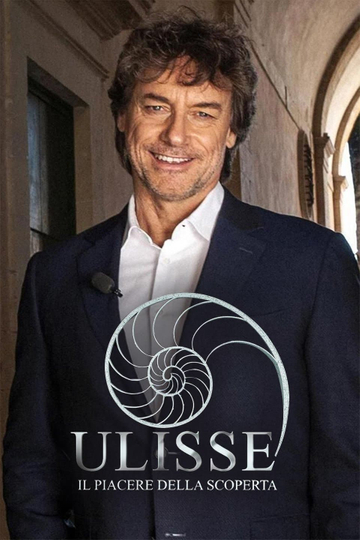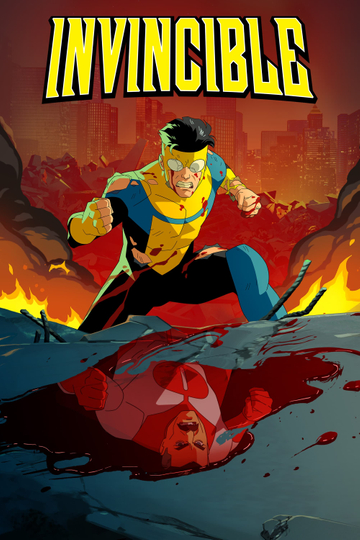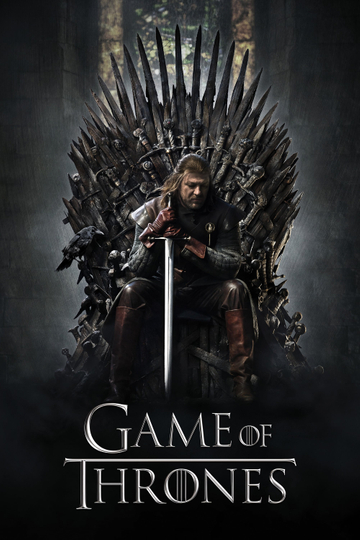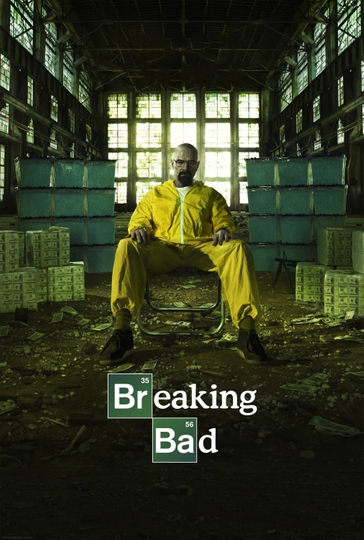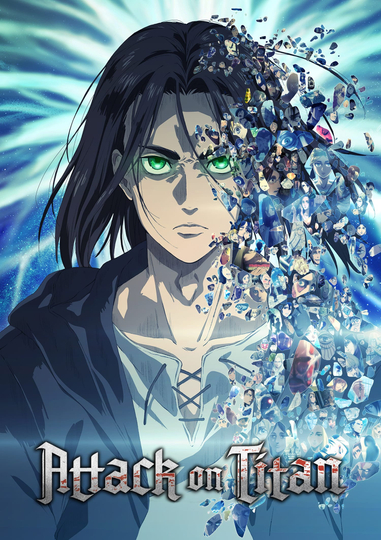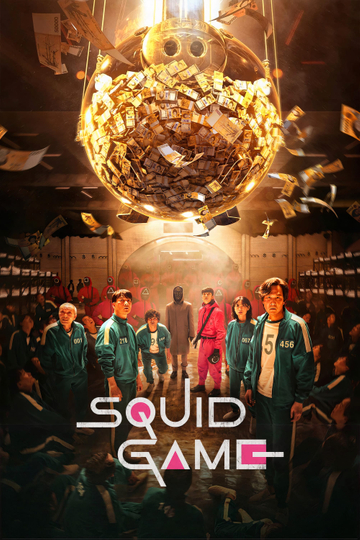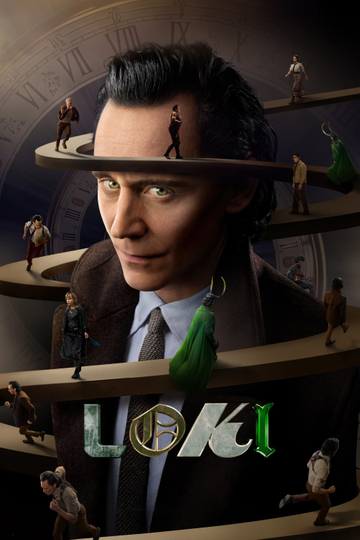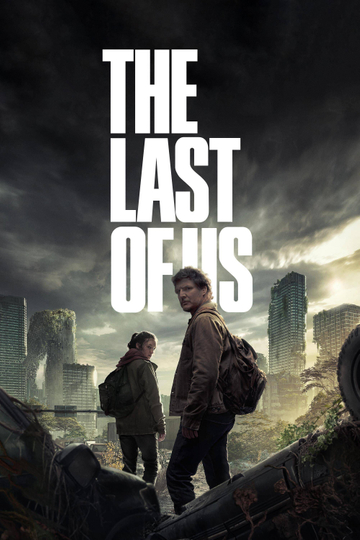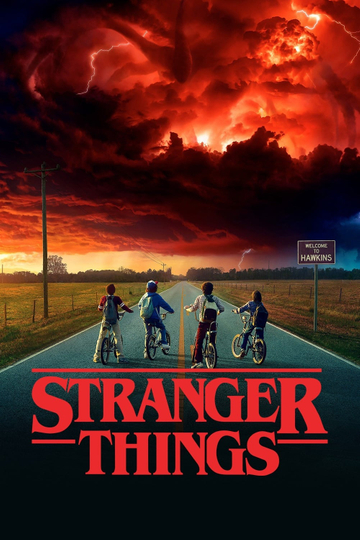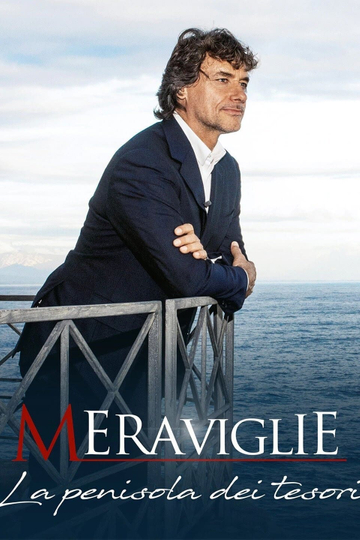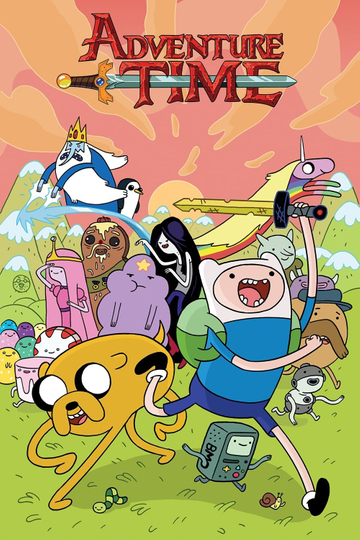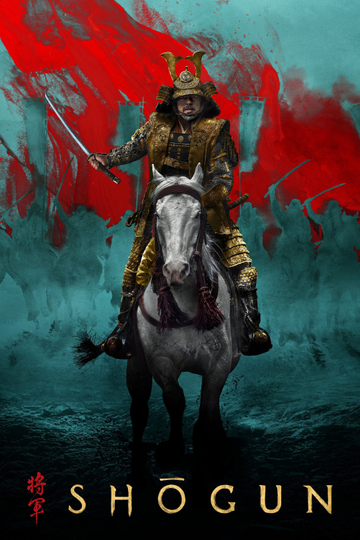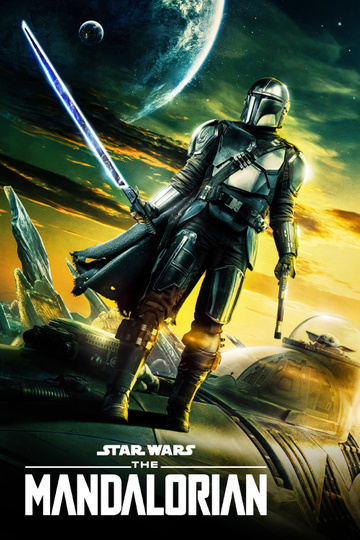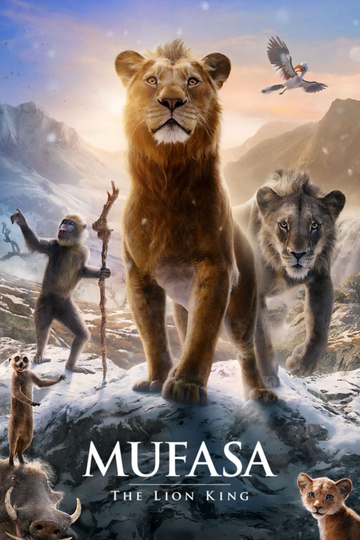Season 12 Episodes
1. Le meraviglie della Roma cristiana
For many centuries, Rome has been a destination for millions of tourists every year. What attracts them are the archaeological remains of the empire, the artistic wonders that have overlapped over the centuries, but also (and above all) its being the center of Christianity. During the episode, Alberto Angela takes a journey to the many places, monuments and buildings that have made the history of Christianity. The journey touches the main Basilicas but also more secluded, hidden corners of the city, where there are important testimonies of the history of the Church.
2. La conquista dei colori
The history of Man can be seen as a succession of conquests: we never think about the history of colors and yet it has changed our lives. "The conquest of colours" is a journey to discover how our world has been enriched with millions of shades over the centuries, thanks to the appearance of increasingly bright hues and colours. We will start from the Paleolithic, when humanity could essentially only have three colours: black, ocher and white. And we will continue to discover how the deep Egyptian blue, the first synthetic color in history, and the elegant purple of the Phoenicians and Romans were then added. We will see how the great glass masters learned to flood the cathedrals with colored lights, and how the greatest artists of the past obtained their colors using precious stones, such as lapis lazuli from which the blue used for example by Michelangelo in the Sistine Chapel was obtained.
3. Viaggio tra i segreti e i tesori di Ostia Antica
A few steps from Rome is the largest archaeological site on the planet (150 hectares) yet little known to the general public: Ostia antica with its ancient port. Tourists who, upon arriving in Rome, give up visiting the remains of the ancient town do not know that in Ostia it is possible to see how society was organized and how daily life took place in the times of the empire.
4. La lunga notte del Titanic
It was April 14, 1912, when the Titanic, the largest passenger ship ever built by man, collided with an iceberg and sank, during its maiden voyage, on the route between Southampton and New York, causing the death of over fifteen hundred people including passengers and crew members. Alberto and Piero Angela dedicate a special episode of Ulisse, il piacere della scoperta, to the centenary of the greatest naval tragedy that has ever occurred. Through sophisticated virtual reconstruction techniques, videos, interviews and archive documents, father and son will delve inside the ocean liner, to try to find the possible clues that caused this catastrophe, beyond the collision with the iceberg, since from its construction in the Belfast shipyards, the materials used, the risky choices for navigation, such as that of equipping the ship with a lower number of lifeboats than there are passengers.
5. Oltre la Patagonia. Viaggio in capo al mondo (seconda versione)
The journey we will take this evening will allow us to discover one of the most fascinating and distant lands: Patagonia. But it will be just one of the stages of a scientific, anthropological, prehistoric journey, which will take us across half the South American continent from the Tropic of Capricorn up to the famous Tierra del Fuego, literally the end of the world. We will take you to an extraordinary place but to find it you have to leave the main road and enter Patagonia for more than 100 km. Here you discover a small wonder: it is an ancient Canyon, dug by the sinuous course of a river. You really have the feeling of entering another era, a prehistoric scenario. Indeed, this long canyon was inhabited by ancient civilizations that disappeared thousands of years ago. And they had sacred places, a group of caves and on their walls these populations left an incredible trace of their presence: hundreds of colorful handprints. It is a true Sistine chapel from prehistory.
6. Il lungo viaggio di Ramesse
Pharaoh Ramesses II, who lived 3200 years ago, is the greatest of the Egyptian pharaohs, considered a bit like the Sun King of the time, who like Louis XIV reigned for a very long period, over 67 years. The era of Ramesses is that of Egypt's greatest splendor. Throughout the Nile Valley his face is carved everywhere in stone. Among the many temples, colossal statues and obelisks that bear his name, the most grandiose work is the temple of Abu Simbel, the protagonist of an unprecedented operation in the 1960s: that of being sawed into many pieces and moved more high to prevent the waters of the Nile, following the construction of a dam, from submerging it. With Alberto Angela we will follow the events of this undertaking considered almost impossible at the time. We will also see Ramesses' tomb. Each pharaoh was concerned with building the home where he would live forever, surrounded by the objects dearest to him, gold, gems and furnishings.
7. Viaggio attraverso le Alpi
The episode of Ulisse will take us to high altitude scenarios, among snow-capped peaks, glaciers, green valleys; discovering the Alps. The Alps are the natural border of our country and the highest mountain range on the European continent. With the three out of class, the Bianco, the Cervino and the Monte Rosa. In this episode, thanks to spectacular films, we will travel through places that we seem to know quite well and instead we will discover that they are a world full of curiosities and surprises. In fact, every step, peak and valley has a story to tell. In the 1930s all the highest peaks of the Alps had been conquered by heroic climbers; some routes that seemed impossible remained unclimbed: they were the North Faces, they are still the most dangerous today, because they present an extraordinary concentration of technical difficulties. The most famous of all is the North Face of the Eiger. We will tell the extraordinary and unfortunate story of the 1936 climb attempt.
8. Città scomparse
This episode of Ulysses will set off on a journey in search of disappeared cities, capitals of ancient civilizations which after a grandiose development were abandoned and forgotten for centuries. We will see how history, but also nature, have continuously erased and rebuilt places that seemed eternal. And will the cities in which we live today still exist, as they are, in a thousand, ten thousand years? We will see how a city can disappear, suddenly, in the space of a few hours, when the forces of nature are unleashed. Alberto Angela in Santorini will tell how one of the most flourishing centers of antiquity was destroyed by a volcanic eruption. During the episode we will also discover hidden cities, secret cities, invisible cities, cities under cities. We will visit secret US Cold War bases and London's complex underground shelter system.
9. Nemici invisibili
Invisible but very powerful, microorganisms have always been our life companions. Alberto Angela proposes a journey to discover infinitely small creatures, showing how our life, but sometimes also our death, depends on them. The journey of "Ulisse" begins in Benin, a very poor country which like many other places on the planet represents the "front line" of the fight against microbes and viruses. And international organizations operate here which have saved many children through vaccinations. But how and when did humanity begin to use vaccines? In "Ulysses", a documentary brings to life a "revolutionary" moment: the one in which Luis Pasteur tries the impossible to save the life of a child bitten by a dog suffering from rabies. An episode that will forever change not only the lives of the people involved but also our relationship with diseases. And, today, how can we protect ourselves from infections? What precautions to use? How effective are simple gestures like washing your hands?
10. Il sorriso della Luna
A journey to discover our immense and beautiful satellite, to discover what lies behind that face, that smile; why the Moon is up there and how it was born; what are her influences on our planet; what is hidden behind, on the side that no one sees from Earth. The Moon has been essentially unknown for millennia and in some respects continues to be misunderstood today, but it has always fascinated us. During the episode we will discover the latest scientific research that will dispel some myths and enchant us with breathtaking images. Man has always dreamed of going to the Moon. Then finally the great dream came true on 20 July 1969. Together with Alberto Angela we will retrace that extraordinary adventure of the conquest of the Moon, reliving the exciting phases that led the first man to step on the lunar soil and the enormous technological and intellectual effort that made the feat possible. What would our life and our world be like without her?
11. Viaggio nella mente degli animali
In this episode Alberto Angela offers us a fascinating journey into the minds of animals. How many times, looking at your dog or your cat, have you asked yourself: who knows what he thinks, and what he would say if he could speak like us. Well, many researchers have asked themselves the same question, in particular neuroscientists and animal behavior specialists; and not only for dogs and cats but for many species. Today we know that the minds of animals are similar to ours in many respects, and behaviors that once seemed mysterious to us, or that we misinterpreted, finally have an explanation.
12. Le meraviglie e i segreti di Parigi
Paris, its secrets and its wonders. The Bridges of Paris and the Seine have been declared a world heritage site by UNESCO. Alberto Angela, aboard a vintage boat, travels along the Seine, using the river as a journey through time. He explores Paris in various stages: from the top of the Arc de Triomphe, to the Eiffel Tower, to the towers of the spectacular Nôtre Dame Cathedral. The appointment with the Eiffel Tower is unmissable, as told by Alberto Angela in all its details, and the surprising transformations of Paris at the end of the nineteenth century: from the birth of the department stores to the many attractions of Montmartre, to the cafés of the Latin Quarter. And then the changes that occurred in the twentieth century: from Beaubourg to Défense.
13. L'amore al tempo di Nerone
A journey into the daily life of ancient Rome, between love, death, intrigue and betrayal.
14. La nascita di Atene
In this episode we will talk about "The birth of Athens", the clash between the Persian Empire and Greece which took place 2500 years ago, a very distant clash which constituted a fundamental moment in the history of the West. Facing each other in this battle were on one side the empire that extended from Egypt to India and on the other the small city-states of Greece perpetually in conflict with each other. A clash in which two opposing visions of the State, two civilizations, two completely different lifestyles faced each other. And how this war ended is at the basis of how we have become, of our political and cultural ideas and of how to live together. Compelling historical events told by Alberto Angela like pages of a novel, with an original and spectacular solution through sophisticated computer reconstructions.
15. Le meraviglie della Rift Valley
We will discover one of the most incredible places, a unique place in the world: the Rift Valley. The rift that extends for about 6000 kilometers in the north-south direction of the Earth, from northern Syria (southwest Asia) to central Mozambique (eastern Africa). With a width varying from 30 to 100 kilometers and a depth of several hundred to many thousands of metres, it was created by the separation of the African and Arabian tectonic plates, which began 35 million years ago and by the separation of East Africa from the rest of 'Africa, started 15 million years ago. In this immense place you can breathe the scent of the origins of the world like nowhere else; in fact, the great adventure of the human species began from this valley, whose name was given by the explorer John Walter Gregory: in the Rift Valley the fossil remains of an ancient primitive hominid, who was given the name Lucy, were found. Alberto Angela will tell us the exciting story of finding her.
16. I segreti della vittoria
This new appointment with "Ulisse" will talk about the extraordinary machine that is the human body. but seen from a particular point of view, the point of view of those who push their bodies beyond the limits: athletes, men and women, who represent, physically speaking, the excellence of the human species. We will be transported behind the scenes of sport, to get to know its secrets up close and try to answer the questions: Why does one athlete run faster than another? What is the maximum height we can ever reach with a jump? What happens in our brain when we hit a ball? We will try to answer these and many other questions during the episode, thanks to the help of scientists, athletes, exceptional guests and together with champions such as Michael Phelps, Asafa Powell, Valentina Vezzali, Deborah Compagnoni and many others, telling many stories and revealing many curiosities.
17. I detective dell'antichità
The theme of the episode will in fact revolve around a simple question: is it possible to use the scientific police techniques that we read in the newspapers or that we see in successful crime series such as C.S.I. to investigate past crimes, with laboratory analyzes on skeletons found in archaeological sites? Like true detectives, we will try to shed light on some enigmas that occurred many centuries ago, showing how the profession of the investigator and that of the archaeologist are not as different as one might think. The brutal murder of a Roman nobleman and the ensuing trial will be told, in an investigation conducted by the greatest lawyer of antiquity: Cicero, who left the detailed account of this dramatic case which took place in Rome in 81 BC. Alberto Angela will also investigate the exceptional discovery of 54 decapitated skeletons and, nearby, 51 skulls dating back to the era of Viking raids in Great Britain. Who were they?
18. Gli enigmi delle civiltà (seconda versione)
The first episode of Ulisse will take a great journey through the civilizations of the past and their enigmas, exploring one of the most extraordinary archaeological sites located in the heart of the Pacific Ocean: Easter Island. We will tell the story of this civilization, trying to find out where the first inhabitants arrived from, considering that the island is located almost 4000 km from any coast or inhabited island.










